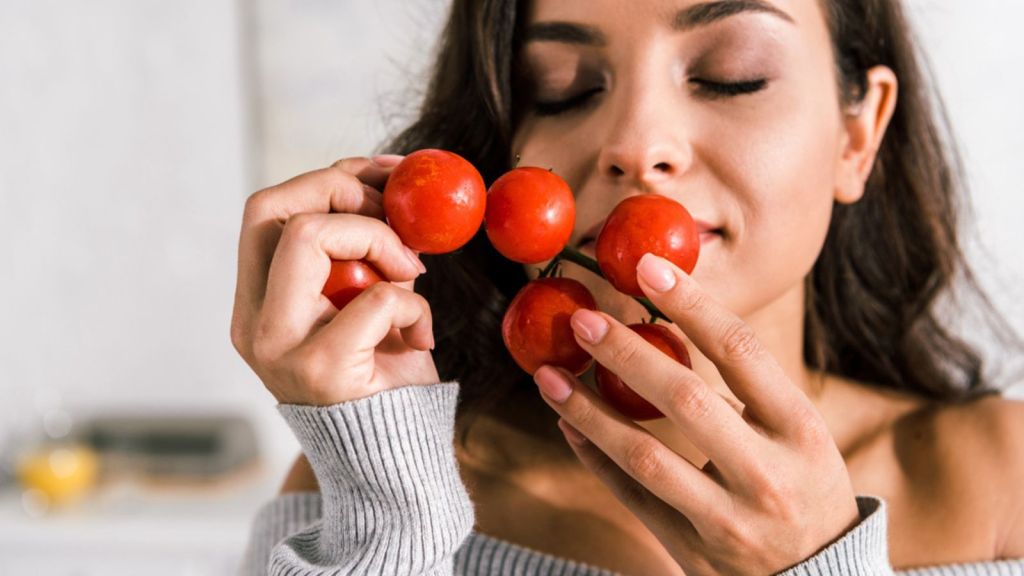“Unmasking the Hidden Dangers: 15 Common Foods You Should Never Cook in Aluminum Cookware!”
To keep the bright, zesty flavors of citrus fruits intact, use non-reactive cookware. If you must use aluminum, try to keep the cooking time short and avoid storing citrus-based dishes in aluminum containers.
3. Vinegar

Vinegar, another acidic powerhouse, is a recipe for disaster when combined with aluminum. Whether you’re pickling, deglazing, or creating a tangy sauce, it’s best to steer clear of aluminum cookware. The reaction between vinegar and aluminum can not only ruin the taste of your food but also damage your pots and pans.
Instead, opt for stainless steel, glass, or enamel-coated cookware when working with vinegar. These materials are unreactive and won’t mess with the flavor of your culinary creations.
4. Rhubarb

Rhubarb, with its tart flavor, is acidic in nature and a major no-no when cooking with aluminum pots. When this acid mixes with aluminum, your food takes a toxic hit. Stains on your cookware are the least of your worries â it’s what you can’t see that’s the real problem. It can also give your rhubarb dish a metallic taste, which is definitely not appetizing.
If rhubarb is on the menu, especially if you’re cooking it for a while or at a high temperature, reach for a non-reactive pot or pan. Stainless steel or enamel-coated cast iron are great choices.
5. Wine

Wine, particularly red wine, also has its fair share of acidity. When you deglaze a pan with wine or create a wine-based sauce, using aluminum almost guarantees a metallic aftertaste.











